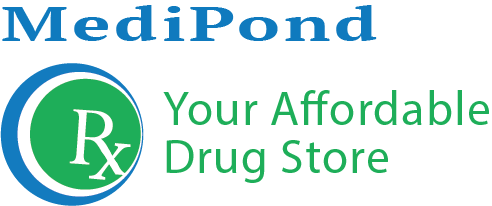Nicardipine is used with or without other medications to treat high blood pressure (hypertension). Lowering high blood pressure helps prevent strokes, heart attacks, and kidney problems. Nicardipine is called a calcium channel blocker. It works by relaxing blood vessels so blood can flow more easily. Nicardipine is also used to prevent certain types of chest pain (angina). It may help to increase your ability to exercise and decrease the frequency of angina attacks. This medication must be taken regularly to be effective. It should not be used to treat attacks of chest pain when they occur. Use other medications (such as sublingual nitroglycerin) to relieve attacks of chest pain as directed by your doctor. Consult your doctor or pharmacist for details.
Dizziness, lightheadedness, headache, flushing, or swelling ankles/feet may occur. If any of these effects persist or worsen, tell your doctor or pharmacist promptly. To reduce dizziness and lightheadedness, get up slowly when rising from a sitting or lying position. Remember that your doctor has prescribed this medication because he or she has judged that the benefit to you is greater than the risk of side effects. Many people using this medication do not have serious side effects. Tell your doctor right away if any of these unlikely but serious side effects occur: fainting, fast/irregular/pounding heartbeat. Tell your doctor right away if this rare but very serious side effect occurs: vision changes. Although this medication is effective in preventing chest pain (angina), some people who already have severe heart disease may rarely develop worsening chest pain or a heart attack after starting this medication or increasing the dose. Get medical help right away if you experience: worsening chest pain, symptoms of a heart attack (such as chest/jaw/left arm pain, shortness of breath, unusual sweating). A very serious allergic reaction to this drug is rare. However, seek immediate medical attention if you notice any symptoms of a serious allergic reaction, including: rash, itching/swelling (especially of the face/tongue/throat), severe dizziness, trouble breathing. This is not a complete list of possible side effects. If you notice other effects not listed above, contact your doctor or pharmacist. In the US - Call your doctor for medical advice about side effects. You may report side effects to FDA at 1-800-FDA-1088 or at www.fda.gov/medwatch.
Write a Product Review


